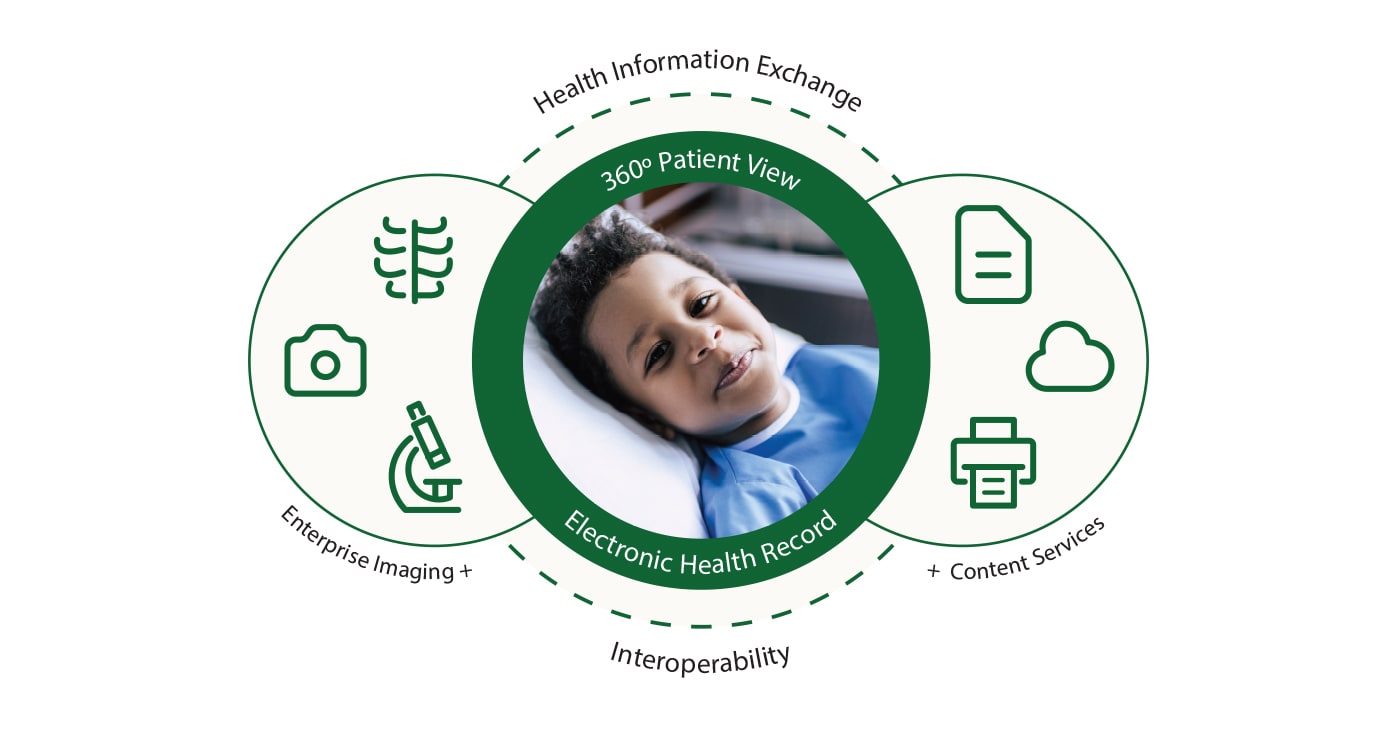Discover Exactly How Healthcare RCM Processes Transform Administrative Tasks Into Seamless Operations
In the ever-evolving landscape of healthcare, Profits Cycle Monitoring (RCM) processes have actually arised as a pivotal force in changing management tasks into smooth procedures. By harnessing innovative modern technology and refined approaches, RCM uses an innovative approach to handling individual enrollment, payment, and claims processing. The responses to these questions are critical for understanding the future of health care administration.
Recognizing Healthcare RCM
Revenue Cycle Management (RCM) in health care is an essential procedure that ensures the financial health of medical organizations by managing the whole lifecycle of individual solution income. It integrates different administrative and medical functions, beginning from the initial scheduling of a clinical consultation to the ultimate collection of repayment for services made. Healthcare RCM. RCM is critical in managing the complexities of payment and repayments, making certain that medical care service providers receive compensation for their solutions successfully and properly
Key aspects consist of individual scheduling, insurance confirmation, charge capture, case submission, and payment uploading. RCM is not exclusively regarding financial collections; it also intends to enhance individual satisfaction by lowering billing mistakes and boosting transparency.
The performance of RCM is contingent upon the seamless assimilation of technology and personnel know-how. Employing sophisticated software services makes it possible for healthcare organizations to automate recurring tasks, consequently lowering administrative concerns. Furthermore, skilled employees are important in browsing governing demands and payer plans, ensuring compliance and enhancing profits recuperation.
Streamlining Patient Registration
Enhancing individual enrollment is a basic action in boosting the efficiency of healthcare profits cycle monitoring. It entails maximizing the preliminary communication in between people and doctor to make certain a smooth information collection procedure. Trick parts consist of the precise capture of individual demographics, insurance policy confirmation, and approval purchase. By digitizing these processes through incorporated electronic health and wellness documents (EHR) systems, health care facilities can lessen mistakes, lower documents, and accelerate client throughput (Healthcare RCM).
Automated systems assist in confirming insurance qualification in real-time, which not just minimizes management concerns however likewise enhances individual fulfillment by stopping unexpected payment issues. In addition, pre-registration processes permit individuals to complete types online before their check out, reducing wait times and making it possible for personnel to concentrate on more facility tasks. This positive approach makes sure that all required details is collected and validated before care is given, thus protecting against delays in succeeding billing and declares procedures.
Training team to utilize these systems successfully is crucial. It makes sure that data entrance is exact and consistent, promoting a seamless transition from individual enrollment to other income cycle procedures. Inevitably, improving individual enrollment lays the structure for a more efficient, patient-centered health care shipment version.
Reliable Billing Solutions
Efficient billing services are important to maximizing medical care revenue cycle management. They serve as the backbone for making sure timely and exact economic deals in between individuals, medical care companies, and insurance policy firms. By leveraging innovative modern technology and structured procedures, health care facilities can substantially minimize invoicing errors, reduce hold-ups, and boost capital. Carrying out durable invoicing systems helps with accurate charge capture, guaranteeing all services provided are made up and billed properly. Automation tools can fix up billing information with professional documents, preventing and reducing disparities insurance claim denials.
Additionally, efficient invoicing solutions encourage healthcare carriers to use transparent prices and billing info to patients, promoting trust and enhancing patient complete satisfaction. Real-time billing systems allow medical care staff to supply immediate comments on person eligibility and out-of-pocket prices, enhancing the general person experience. These solutions likewise permit seamless combination with digital health records (EHR), making certain that billing and scientific information are in sync, minimizing management burdens on doctor.
Integrating effective payment solutions into the profits cycle management framework not only enhances functional performance however additionally strengthens economic performance. By reducing errors, speeding up repayment cycles, and improving person interaction, medical care companies can focus much more on providing high quality care while maintaining financial sustainability.
Optimizing Insurance Claims Processing

In the realm of healthcare income linked here cycle management, optimizing claims handling is critical for keeping economic health and wellness and operational efficiency. A streamlined claims Homepage procedure lessens the time between service delivery and payment, consequently improving cash money flow and decreasing the possibility of mistakes. Efficient insurance claims processing starts with precise paperwork and coding, which are vital to ensure that cases are sent without inconsistencies that could bring about hold-ups or denials.
Leveraging advanced modern technology, such as automated insurance claims management systems, can significantly boost the effectiveness of this process. These systems are designed to automate recurring jobs, track insurance claims through each phase, and flag potential concerns early. This not just lowers the management concern on staff yet additionally raises the precision of submissions by reducing human mistake.

Enhancing Revenue Collection

Moreover, rejection administration plays a crucial duty in optimizing income collection. Recognizing patterns in insurance claim denials, recognizing origin, and carrying out corrective activities can dramatically decrease persisting problems, consequently enhancing cash circulation. Companies should purchase durable analytics devices that help with thorough reporting and evaluation, permitting them to correct and attend to denial patterns without browse around this site delay.
Timely follow-up on impressive cases is one more crucial aspect of income collection. Developing a systematic strategy to monitor and go after aged accounts ensures that no profits is left unclaimed. Utilizing dedicated personnel or automated systems to track these claims can boost efficiency and make certain constant cash inflows.
Conclusion
Medical Care Revenue Cycle Administration (RCM) procedures significantly enhance management performance by integrating sophisticated modern technology and human know-how (Healthcare RCM). The automation of person enrollment, billing, and claims processing minimizes mistakes and increases money flow, ultimately boosting client fulfillment with real-time insurance coverage verification and clear payment. By making sure seamless operational circulation, RCM enables healthcare companies to prioritize top quality treatment while making best use of profits healing and maintaining economic stability, thus changing administrative tasks right into effective, structured procedures
Earnings Cycle Administration (RCM) in healthcare is a crucial procedure that guarantees the financial wellness of medical establishments by managing the entire lifecycle of individual service profits.Improving person registration is a basic step in boosting the efficiency of medical care revenue cycle monitoring. It involves enhancing the initial interaction in between clients and medical care service providers to make certain a smooth data collection procedure.Furthermore, effective payment options encourage healthcare carriers to offer transparent rates and billing info to people, fostering depend on and boosting client contentment. Real-time billing systems make it possible for healthcare personnel to give immediate comments on individual qualification and out-of-pocket costs, enhancing the general individual experience.